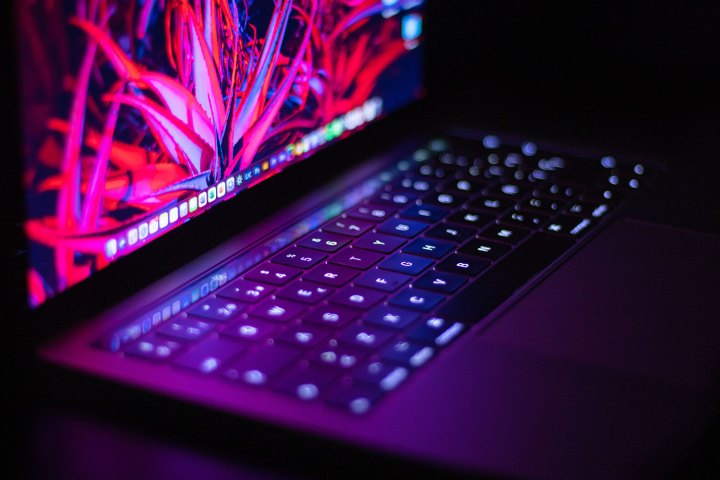Everyone knows about scalpers and their nefarious tricks, especially after their practices hit another gear amid the pandemic. But whereas previously these ne’er-do-wells were mostly limited to PC components and ridiculously expensive sneakers, they appear to have branched out in Israel to hoarding government appointments and selling them for profit.
According to cloud service company Akamai Technologies, the problem started when the Israeli Ministry of the Interior found itself with a massive backlog of 700,000 passport applications, which came about due to the lifting of pandemic restrictions on movement and the resultant travel boom.
To speed up the processing of all those people hungry for sightseeing, a team of independent software developers created a free appointment scheduling system called GamkenBot that would automatically book passport application appointments for those on the waiting list.
GamkenBot was made freely available to the public. Unfortunately, that gave bad actors the opportunity to nab it and modify it, allowing them to override its original purpose and scoop up every single available appointment for themselves.
The roguish malcontents then opened a Telegram group and started offering the appointments to the public — for a fee, of course. They even had the nerve to offer discounts if you bought two slots at once, even though the appointment system is meant to be entirely free.
You thought it was just passport applications?

It gets worse. Akamai notes that the same Telegram group has been selling appointments to “the Population Authority, Israel’s Electricity Corporation, the National Insurance, Israel Post, the Ministry of Transportation, and more.” In other words, the malicious actors’ greedy tentacles have spread to all manner of Israeli institutions, extracting cash from people who shouldn’t have to pay at all.
Akamai also suggests it could even pose a national security threat were the same thing to happen to other services. For instance, what if hospital procedures were similarly shut down and restricted, or if the registration of bus and truck drivers were halted? The country could potentially grind to a halt.
The original (well-meaning) developers tried to thwart their adversaries by implementing a CAPTCHA system, but this was bypassed in only a few days, suggesting the attackers had the means (or at least the motivation) to overcome this barrier. After all, the monetary rewards apparently speak for themselves.
If this whole sorry saga serves any purpose, it’s as a reminder that, despite GPU stocks returning to normal and prices dropping across the board, scalpers are still alive and well. If there’s money to be made, you can be sure they will try to rip people off as best they can.
Editors' Recommendations
- Great, now GPUs are cracking
- Great, now even the RTX 4090 power connectors are starting to melt
- Oh great, now our Twitter data is for sale on the dark web




